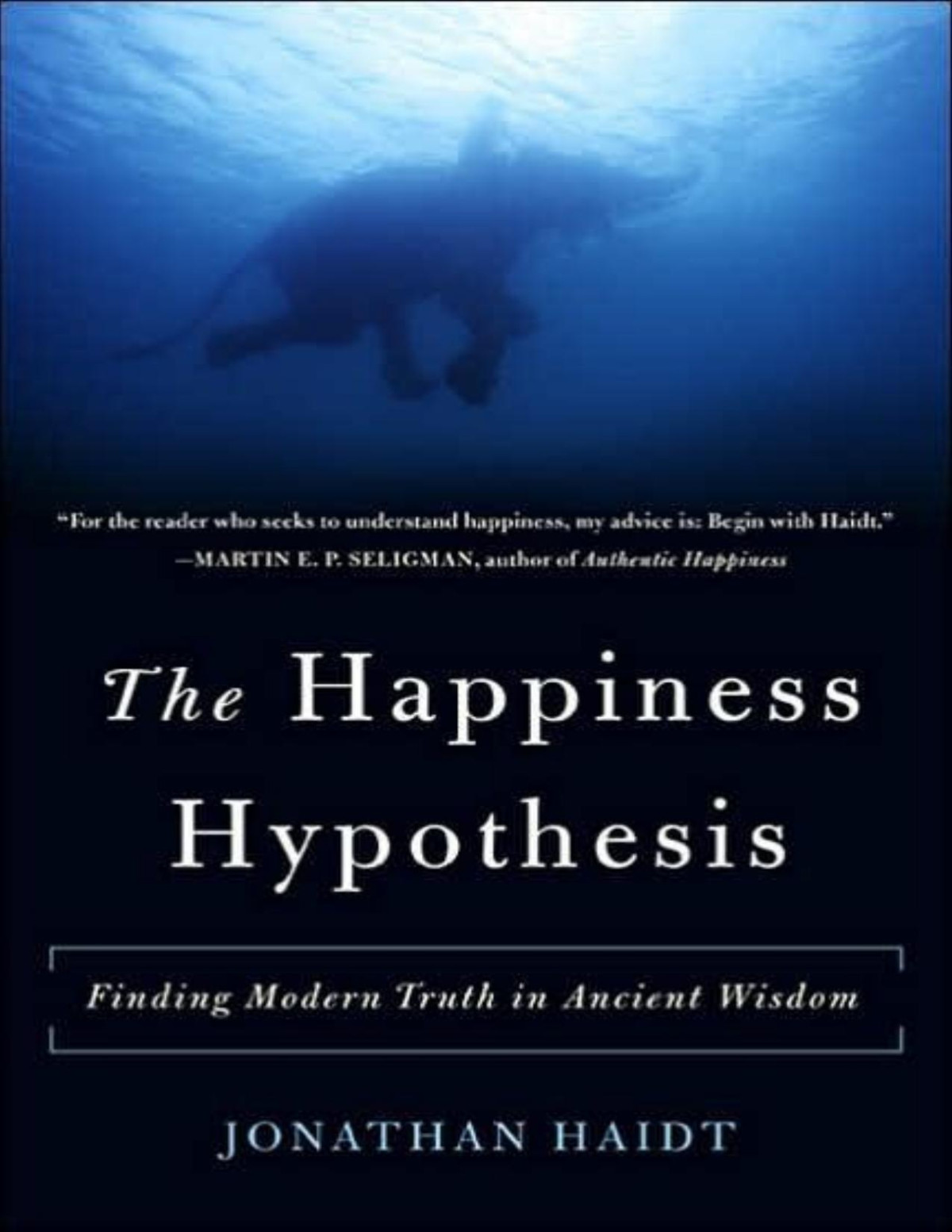

Most ebook files are in PDF format, so you can easily read them using various software such as Foxit Reader or directly on the Google Chrome browser.
Some ebook files are released by publishers in other formats such as .awz, .mobi, .epub, .fb2, etc. You may need to install specific software to read these formats on mobile/PC, such as Calibre.
Please read the tutorial at this link: https://ebookbell.com/faq
We offer FREE conversion to the popular formats you request; however, this may take some time. Therefore, right after payment, please email us, and we will try to provide the service as quickly as possible.
For some exceptional file formats or broken links (if any), please refrain from opening any disputes. Instead, email us first, and we will try to assist within a maximum of 6 hours.
EbookBell Team

4.0
76 reviewsStarred Review. The spirit is willing but the flesh is weak, lamented St. Paul, and this engrossing scientific interpretation of traditional lore backs him up with hard data. Citing Plato, Buddha and modern brain science, psychologist Haidt notes the mind is like an "elephant" of automatic desires and impulses atop which conscious intention is an ineffectual "rider." Haidt sifts Eastern and Western religious and philosophical traditions for other nuggets of wisdom to substantiate—and sometimes critique—with the findings of neurology and cognitive psychology. The Buddhist-Stoic injunction to cast off worldly attachments in pursuit of happiness, for example, is backed up by Mihaly Csikszentmihalyi's studies into pleasure. And Nietzsche's contention that what doesn't kill us makes us stronger is considered against research into post-traumatic growth. An exponent of the "positive psychology" movement, Haidt also offers practical advice on finding happiness and meaning. Riches don't matter much, he observes, but close relationships, quiet surroundings and short commutes help a lot, while meditation, cognitive psychotherapy and Prozac are equally valid remedies for constitutional unhappiness. Haidt sometimes seems reductionist, but his is an erudite, fluently written, stimulating reassessment of age-old issues. (Jan.)
Copyright © Reed Business Information, a division of Reed Elsevier Inc. All rights reserved.
Using the wisdom culled from the world's greatest civilizations as a foundation, social psychologist Haidt comes to terms with 10 Great Ideas, viewing them through a contemporary filter to learn which of their lessons may still apply to modern lives. He first discusses how the mind works and then examines the Golden Rule ("Reciprocity is the most important tool for getting along with people"). Next, he addresses the issue of happiness itself--where does it come from?--before exploring the conditions that allow growth and development. He also dares to answer the question that haunts most everyone--What is the meaning of life?--by again drawing on ancient ideas and incorporating recent research findings. He concludes with the question of meaning: Why do some find it? Balancing ancient wisdom and modern science, Haidt consults great minds of the past, from Buddha to Lao Tzu and from Plato to Freud, as well as some not-so-greats: even Dr. Phil is mentioned. Fascinating stuff, accessibly expressed. June Sawyers
Copyright © American Library Association. All rights reserved